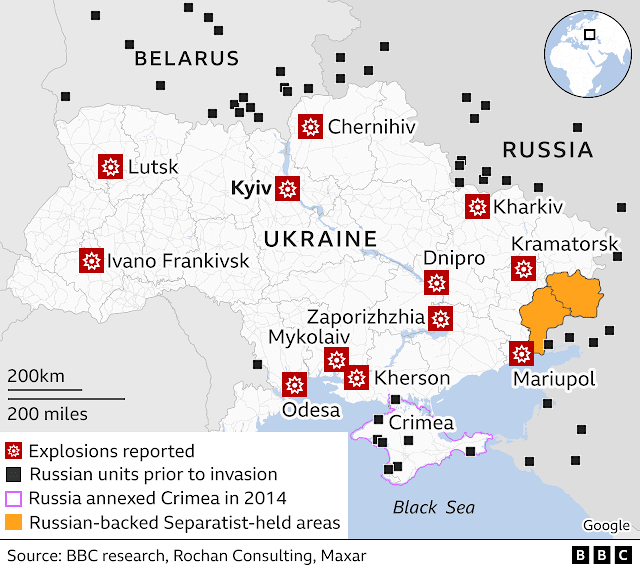TOPIC: Tensions Rise in the South China Sea Despite Xi's Promises
Speaking at the ASEAN (Association of South East Asian Nations) conference on Monday, President Xi of China declared his opposition to 'hegemonism and power politics', expressing a wish to maintain friendly relations with its neighbours and create a lasting peace in the region. Good intentions aside, it comes at odds with recent Chinese actions in the South China Sea. Less than a week a go, Chinese coastguards blocked and sprayed water cannons at Philippine vessels attempting to resupply troops on a disputed South China Sea shoal (referred to by Manilla as the Ayungin Shoal and in the West as the Second Thomas Shoal). Ultimately, the Philippine's vessels had to turn back, their mission thwarted.
Tensions in the South China Sea
Despite the name, the South China Sea extends over 3.5 million km² away from China, bordering the nations of Malaysia, Philippines, Indonesia, Brunei and Vietnam. Usually, the maritime boundaries of these respective nations would be settled by the 1982 United Nations Convention of the Law of the Sea, which details sovereign rights over maritime zones and maritime entitlements. The problem in the South China Sea arises from Beijing regularly flouting the treaty, sticking to its own self-styled claims in the area. The issue was bought to court at the Hague in 2016, with the ensuing ruling invalidating most of China's South China Sea claims.
Geopolitical Defiance
Yet despite the Hague's ruling and pressure from other international bodies, such as the European Union, China remains intent on asserting its claim to the South China Sea. A large part of this insistence comes from the geopolitical importance of the area. Home to vital trading routes, vast undersea oil and gas deposits and ample fish stocks, the South China Sea is rich in resources. Secondly, the area is important for the patrol of Chinese nuclear ballistic missile submarines, the key nuclear deterrent in the case of war with the United States. This links in to the third reason for the importance of the South China Sea, its value as a buffer zone against any US attack on the mainland. In the catastrophic case of war with its Pacific adversary, it would be vital for China to exert naval supremacy in the South China Sea, not only to prevent amphibious assault on the mainland, but to choke trade and limit American airpower.
The notion of war with the US is an extreme example of the importance of the South China Sea, but it is nonetheless a scenario which the Chinese Communist Party cannot rule out entirely. Thus, it will be reluctant to abandon its claim to the area. This is despite years of China and ASEAN attempting to negotiate a code of conduct for the region. Yet in reality, these talks have made next to no progress. In many ways, this is to China's gain. It will not want to limit itself in its own backyard, nor does it like to negotiate with international groupings. Arguably, China's best chance of exerting its claims in the South China Sea comes from breaking down alliances between the opposing powers. If Vietnam, Malaysia and particularly the Philippines can be negotiated with individually, China's hand strengthens greatly. Only by sticking together, or by holding on to America, can China's enemies expect to counter Chinese influence in the South China Sea.



Comments
Post a Comment